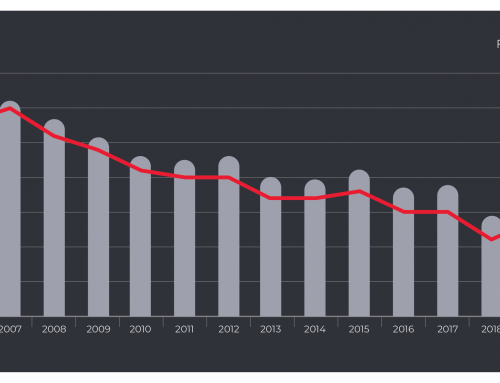A horrific traffic management accident at a warehouse leased from South Port in Bluff New Zealand, involving McLellan Freight Limited, Transport Services Southland Limited, and Herberts Transport Limited, serves as a stark reminder of the critical importance of effective traffic management planning and safe processes. In February 2017, a tragic accident resulted in the death of a driver, unveiling serious lapses in traffic management and safety protocols by the organisation. Today, McLellan Freight Limited was sentenced at Invercargill District Court and a fine of $577,500 was imposed, and reparations of $115,896 ordered by the court.
The Incident and Its Aftermath
McLellan Freight Limited was contracted for loading and unloading products at a warehouse. The company, in turn, hired trucks and drivers from Transport Services Southland Limited and Herberts Transport Limited as sub-contractors. During these operations, a driver was fatally injured by a reversing front-end loader.
This led to a thorough WorkSafe investigation, which found significant shortcomings in McLellan Freight’s traffic management system. The investigation highlighted a reliance on worker vigilance over proactive risk management. Subsequently, McLellan Freight was found guilty of health and safety failures in June 2023, resulting in a substantial fine and reparations.
You might like to read our articles on:
Key Lessons for Warehouse Managers
- Importance of Clear Traffic Management Protocols – The case underscores the necessity of having effective traffic management systems and plans in place. This includes clear signage, designated safe zones for people, and physical barriers to control traffic flow.
- Collaboration and Communication – McLellan Freight’s failure to consult and coordinate with other trucking firms it worked with was a critical lapse. Warehouse managers should ensure ongoing communication and cooperation with all contractors and stakeholders.
- Technology and Safety Equipment –The case suggests several measures that could reduce risk, such as dedicated spotters, safety cones, reversing cameras, proximity sensors, and blue light indicators on vehicles. Implementing such technology can significantly enhance safety.
- Beyond Worker Vigilance – Placing excessive emphasis on worker vigilance, as opposed to managing risks through preventive measures, was a key issue in this case. Warehouse managers should focus on creating safe working environments that do not overly rely on worker alertness to avoid accidents.
- Legal and Financial Consequences – The heavy fines and reparations imposed on McLellan Freight illustrate the severe legal and financial consequences of failing to uphold safety standards as required by legislation.
Conclusion
The McLellan Freight case is a wake-up call for warehouse managers about the critical importance of traffic management and overall workplace safety. It highlights the need for comprehensive safety protocols, collaborative approaches, and the use of technology to prevent such tragedies. As warehouse operations continue to evolve, prioritizing safety and proactive risk management is not just a legal obligation but a moral imperative to protect workers.
Further reading on the case is available at Worksafe NZ
If you need assistance in preparation or advice surrounding traffic management at your workplace, Safetysure consultants can assist. Call us on 1300 087 888 for further information.







Leave A Comment